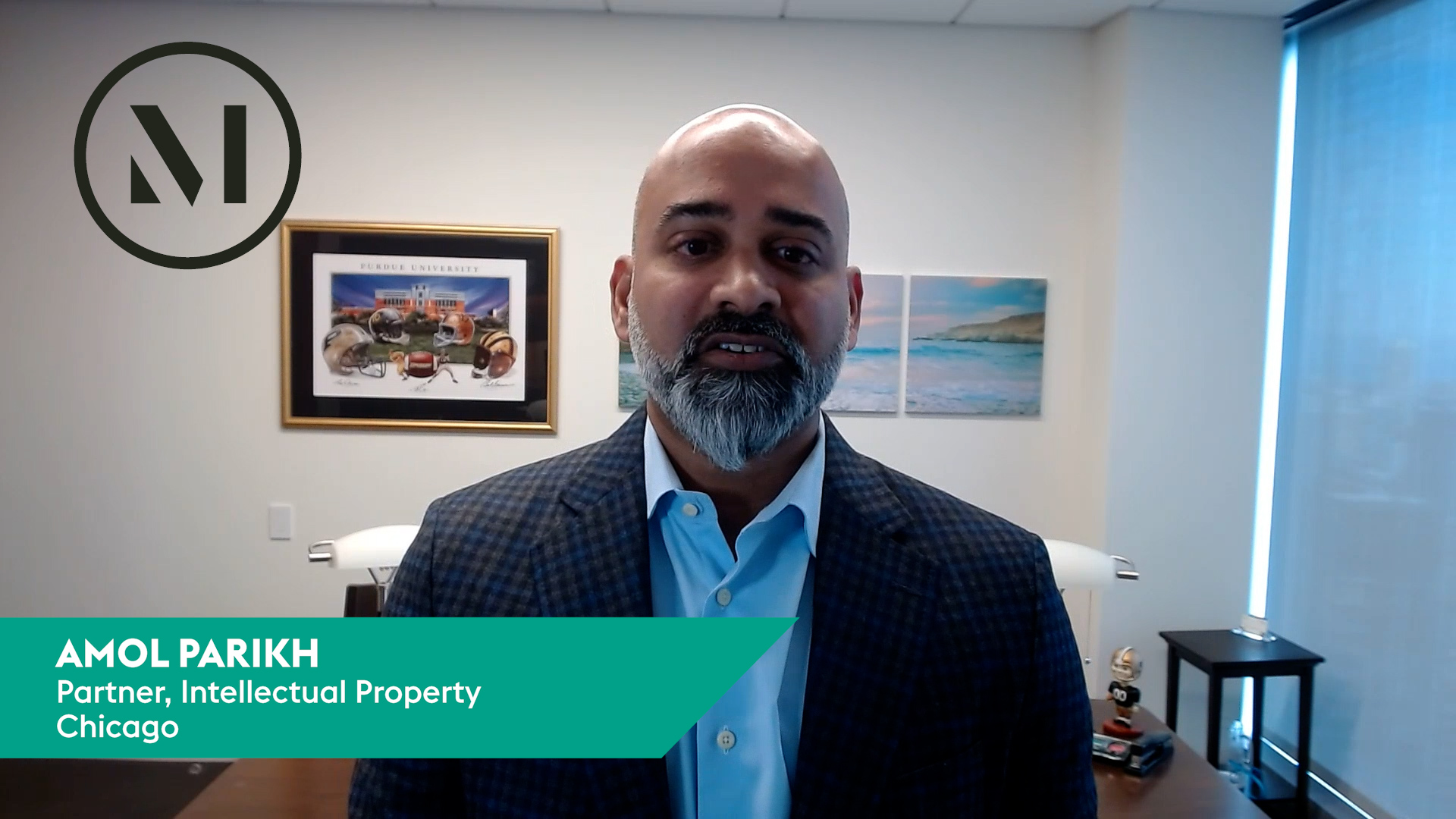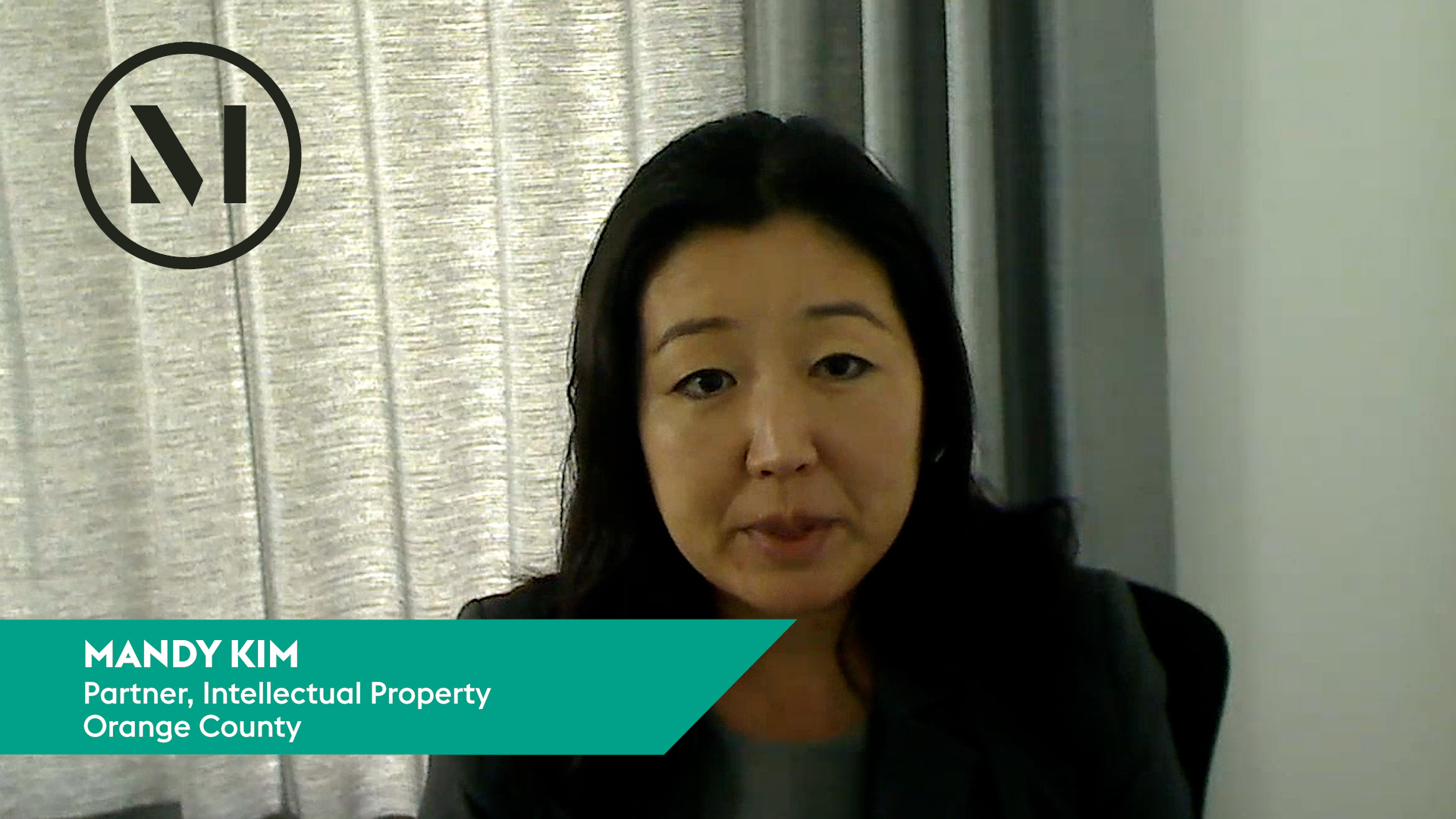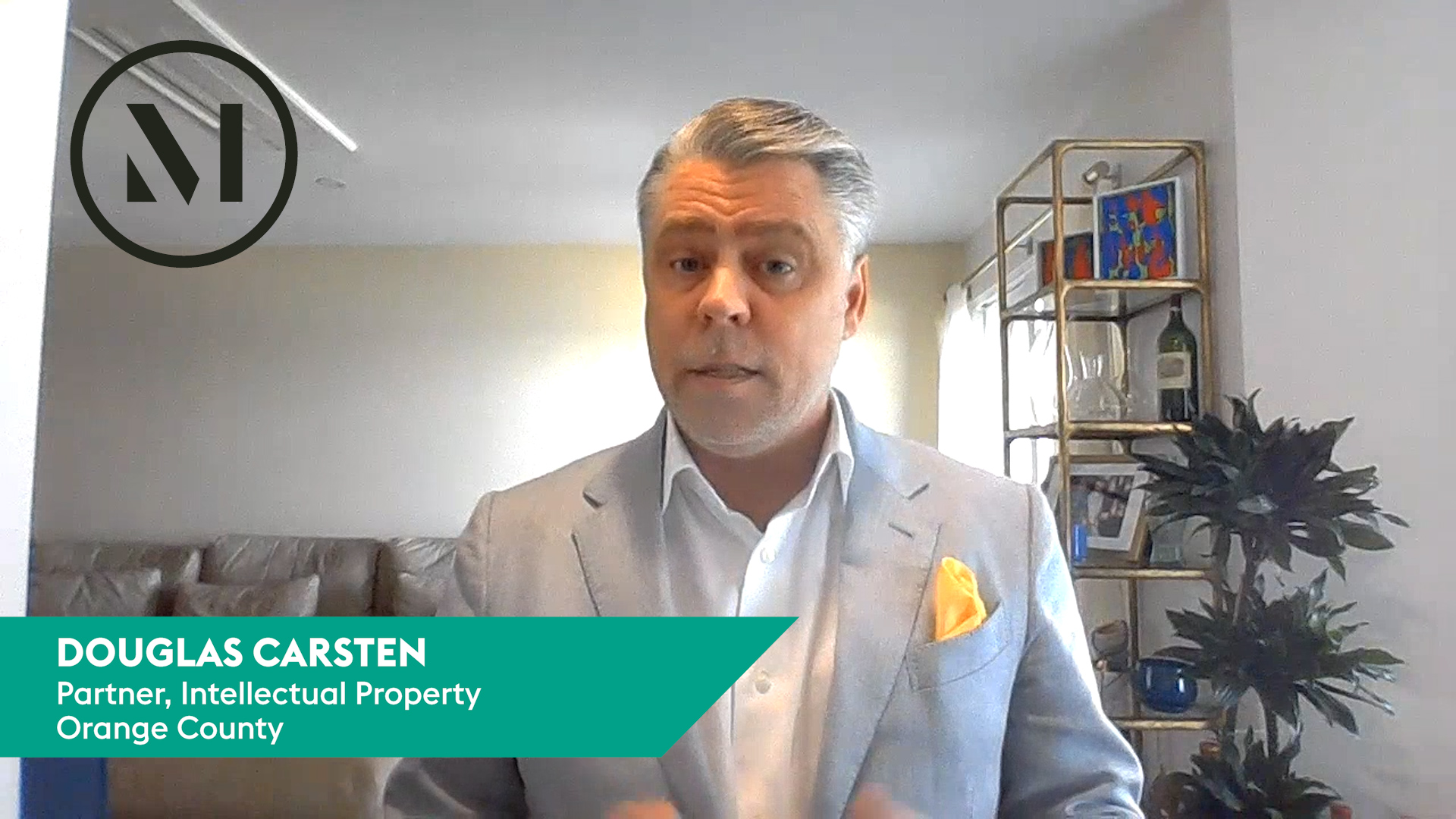The US Court of Appeals for the Federal Circuit reversed a district court’s indefiniteness determination, finding that two claim limitations – one broad and one narrow – were not contradictory since it was possible to meet the requirements of both. Maxell, Ltd. v. Amperex Technology Limited, Case No. 23-1194 (Fed. Cir. Mar. 6, 2024) (Prost, Taranto, Chen, JJ.)
Maxell owns a patent directed to a rechargeable lithium-ion battery. Maxell filed suit against Amperex alleging infringement. Following claim construction proceedings, the district court found the claims to be indefinite based on two limitations in the independent claim that recited the variable M1. The relevant claim limitations read:
1- wherein M1 represents at least one transition metal element selected from Co, Ni and Mn, [. . .]
2- wherein the content of Co in the transition metal M1 of the formulae (1) and (2) is from 30% by mole to 100% by mole[.]
The district court found that these two limitations contradicted each other because limitation 1 recited Co (cobalt) as an optional transition metal selected from a Markush group for M1, whereas limitation 2 recited a minimum Co content of 30% in M1. The district court reasoned that the claims were indefinite because limitation 1 did not require the presence of cobalt, whereas limitation 2 did. In its claim construction order, the district court stated that simultaneous recitation that a claim element is both optional and required is a “contradiction on its face.” Maxell appealed.
The Federal Circuit found no contradiction between the two limitations, explaining that “[i]t is perfectly possible for a selected [M1] to satisfy both of these limitations.” The Court reasoned that in the context of Maxell’s patent, it was of no import that the two requirements (i.e., that M1 must comprise cobalt, nickel (Ni) or manganese (Mn), and that M1 must comprise at least 30% cobalt) were recited in separate clauses. It was enough that both limitations could be simultaneously satisfied. The Court further reasoned that the inclusion of two requirements in a claim did not create an otherwise nonexistent contradiction because the claim language must be read as a whole and not merely on a limitation-by-limitation basis. The Court also looked to the prosecution history to provide context for the ordering of the claim limitations at issue and explained that limitation 2 was added during prosecution to overcome a prior art reference that primarily used nickel as a transition metal.
The Federal Circuit explained that contrary to the district court’s characterization, the subject claim limitations did not grant options. Instead, they stated requirements that must be met to fall within the scope of the claimed invention. The Court noted that, rather than contradicting limitation 1, limitation 2 narrowed it. If limitation 2 had been recited in a dependent claim, there would be no contradiction, notwithstanding that proper construction of a dependent claim requires importation of all limitations from the claims from which it depends. The same conclusion applied when both limitations were [...]
Continue Reading
read more

 Subscribe
Subscribe





